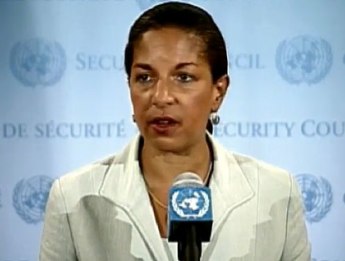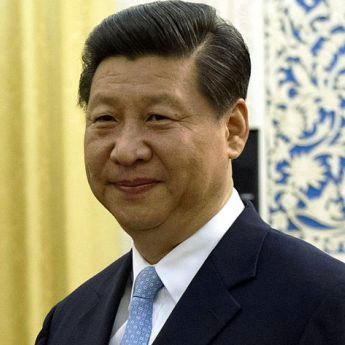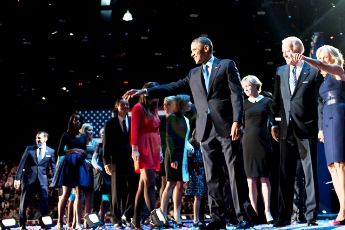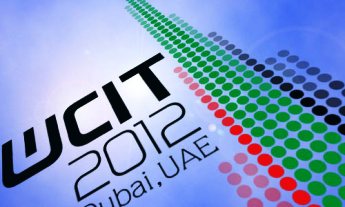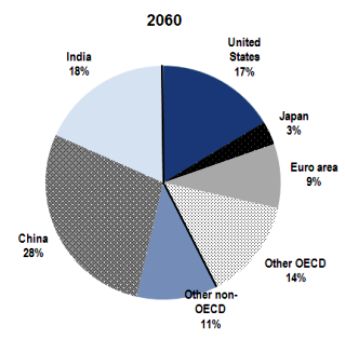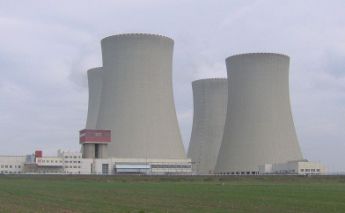By Eric Walberg*
IDN-InDepth NewsViewpoint
U.S. Ambassador to the United Nations Susan Rice welcomed Washington’s re-election on the United Nations Human Rights Council on November 12, saying that the HRC “has delivered real results”, citing its criticism of Syria. But she criticized the rights council’s continued “excessive and unbalanced focus on Israel” yet again, underlying that though President Barack Obama has ‘improved’ upon his predecessor Bush’s policy, the U.S. Administration has yet to evidence that it upholds “the highest standards regarding human rights”.

